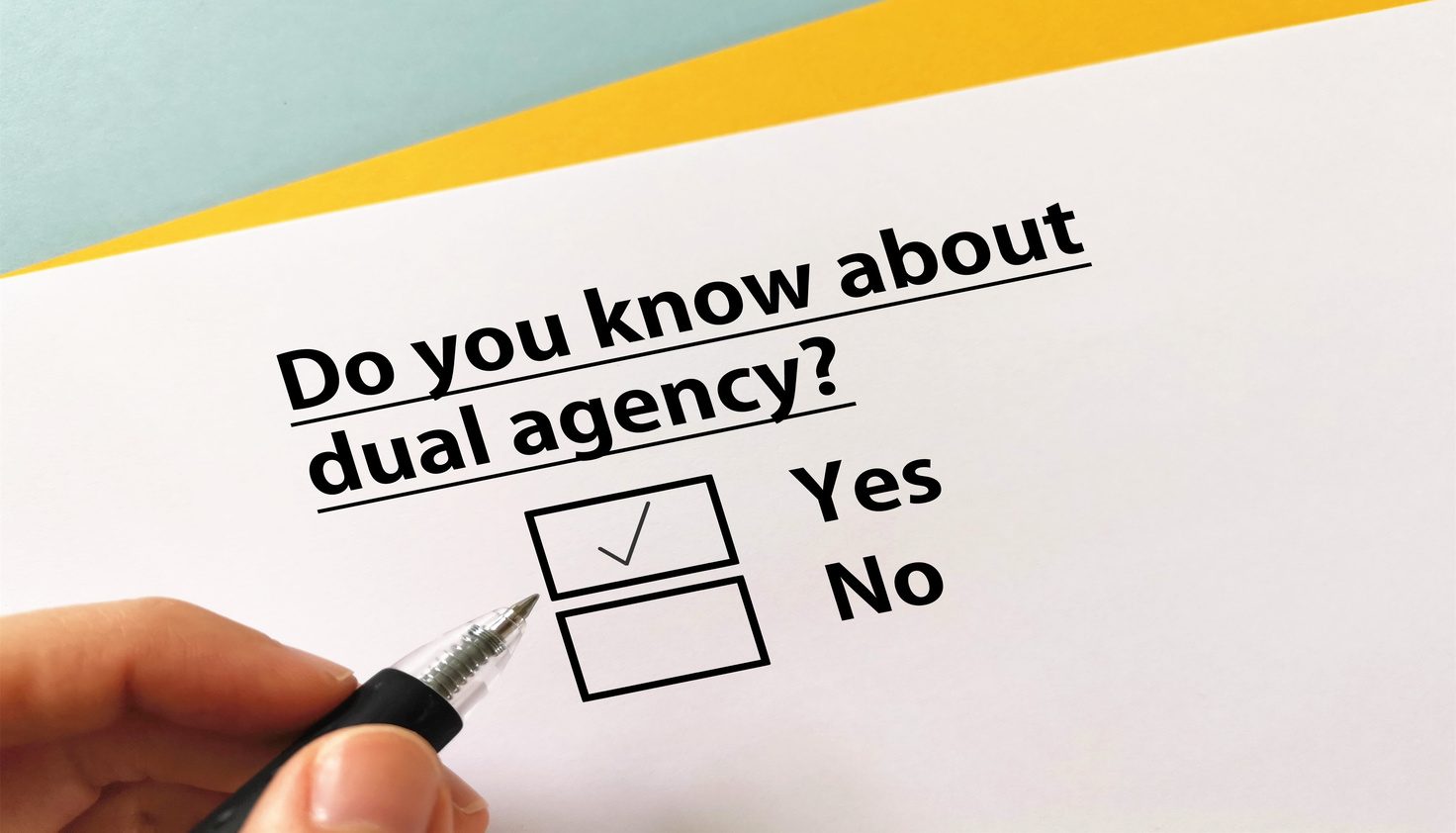The real estate industry is a complex web of transactions and relationships, with real estate agents often serving as the critical link between buyers and sellers. In some cases, a single agent may represent both parties in a transaction, a practice known as dual agency. While this arrangement can streamline the process, it also presents several potential pitfalls. This blog post explores seven reasons why dual agency can be problematic in real estate transactions.
-
Conflicts of Interest: The primary issue with dual agency is the inherent conflict of interest. An agent is supposed to advocate for their client’s best interests, but when representing both buyer and seller, whose interests take precedence? This can lead to situations where neither party feels adequately represented.
-
Lack of Negotiation: A key role of a real estate agent is to negotiate on their client’s behalf. In a dual agency situation, the agent cannot negotiate aggressively for either side, potentially leading to less favorable outcomes for both parties.
-
Limited Advice: Agents can typically provide guidance to their clients based on their professional judgment and experience. However, in dual agency, providing advice becomes tricky as what’s beneficial for one party may not be for the other.
-
Privacy Concerns: Confidentiality can be compromised in a dual agency scenario. Sensitive information about finances or negotiation tactics could inadvertently be disclosed to the other party, which can hamper the transaction process.
-
Legal Implications: Many states have strict regulations around dual agency, and some even prohibit it altogether due to the potential for ethical issues. Always check the laws in your state before proceeding with a dual agency agreement.
-
Potential for Miscommunication: With one agent juggling the needs and expectations of both parties, there’s a higher risk of miscommunication or misunderstandings which can lead to disputes or a breakdown in the transaction.
-
Reduced Trust: Dual agency can undermine trust in the agent-client relationship. Clients may question whether the agent is truly advocating for their interests or just trying to close the deal quickly to earn their commission.
In conclusion, dual agency can present several challenges and potential risks in a real estate transaction. Both buyers and sellers should consider these issues carefully before agreeing to such an arrangement. It’s crucial to have a clear understanding of the process and to ensure that your interests are being adequately represented. If you’re uncertain, consider seeking legal advice or hiring separate agents to ensure a fair and successful transaction. Remember, in real estate transactions, it’s essential to have a trusted advocate by your side.


